This article was co-authored by William Orrock. William Orrock is a Professional Dancer, Instructor, Group Fitness Instructor, and the Owner of We Evolve Dance. With more than 22 years of experience, he specializes in performance, social dancing instruction, competitive dance preparation, and wedding choreography. William holds a Bachelor's degree in Contemporary Dance with a minor in Choreography from Universidad Las Americas-Chile and a second minor in Acting from Foothill College Acting Conservatory. He is also a national champion in Latin American Dancing, a former dancer for Dancing with the Stars Chile, and a certified judge for ballroom competitions.
There are 15 references cited in this article, which can be found at the bottom of the page.
This article has been viewed 35,424 times.
Dancing with a partner can be a wonderfully fun and romantic activity. Slow dancing is very simple, and common at school dances and prom. Box step waltz is a little more complicated, but good to know for weddings. Once you've got the basic steps, you can explore other dance forms and spice it all up with spins and dips.
Steps
Slow-Dancing
-
1Go up to somebody and say, “Would you like to dance with me?” You can ask your crush, or just a friend. If you’re at a school dance with a date, ask your date. If not, ask anybody! It’s normal to be nervous, but think about it: you’ll never dance with them if you don’t ask!
- If they say no, respect it. Try to cheer yourself up by dancing with your friends or asking another person to dance. Remember, a rejection doesn’t say anything bad about you. It just means the other person wasn’t feeling in the mood.
-
2Take your dance partner’s hand, and lead them to the dance floor. If the person you ask says yes, wait for the next song to start, and take their hand. Lead them onto the dance floor, preferably to an uncrowded spot where you’ll have room to sway.Advertisement
-
3Stand facing your partner about a foot (30 cm) apart. You can stand closer together if you already are dating your dance partner. But that’s a good distance to start with if you’ve just asked someone to dance who you don’t really know. Then they won’t feel uncomfortable..
-
4Place your hands on your partner’s waist or shoulders. You should start off in a closed hold position.[1] Traditionally, a guy will stand with his hands gently on the girl’s waist. A girl will put her hands on the guy’s shoulders. But, you don’t have to follow that tradition! A girl can dance with a girl, or a guy can dance with a guy.[2]
- If you're much shorter than your partner, and can't reach his shoulders, just put your arms on their upper arms. Or, stand on your tiptoes.
-
5Interlace your fingers, if you’re both comfortable. If you’re dating your dance partner, you can interlace your fingers behind their neck or behind their back to hold them closer. You can lean your head against their shoulder, if they’re taller than you.
- If you don’t know your dance partner, it’s respectful to keep a bit more distance between you two.
-
6Sway side to side to the rhythm of the music. You don’t even have to move your feet. Just sway gently from side to side, at the same time as your partner.[3] If the music is quiet enough that you can hear each other talk, feel free to chat.[4]
- Slow songs often don’t have a loud, pounding drumbeat, but they still have a rhythm. If you were going to snap along to the song, each snap would be a beat.[5]
- Don’t worry if you’re not swaying perfectly to the rhythm, though. Your partner may be able to adjust your swaying, and anyway, the point is to enjoy each other’s company.
-
7Relax and enjoy the music. It’s normal to feel nervous if you’re dancing with your crush, so take your mind off by chatting lightly.[6] You can compliment your partner’s outfit, or ask what they think of the song that’s playing. But there’s no pressure to talk if you can’t think of anything to say. Just sway and smile.
- It’s probably too intense to stare into your dance partner’s eyes for the whole song. Feel free to look over their shoulder and around the room for a while, so long as you come back to looking at them pretty often.
-
8Thank your partner for the dance. Once the song ends, smile and thank your partner for the dance. You did it — you just slow-danced![7]
- If you want to spend more time with your dance partner, you can ask if them if they want to dance again, or if they want to join you to get a drink or a snack.
Learning the Box Step Waltz
-
1Ask your partner which role they like to dance. Traditionally, a man is a “lead” and the woman is a “follow.” But you can dance role-reversed, or two men or two women can dance together. Ask your dance partner which role they’d prefer.
- If your partner doesn’t know what you’re talking about, because they’ve never waltzed, it’s probably best if you lead, and they follow along.
- Learn the basic box step, and then start the box step on a different foot for a lead or follow.[8] [9]
- Once you’ve learned the box step, you can put it together by dancing with your partner.
-
2Step straight forward with your left foot to start the box step. Box step waltz is the simplest form of waltz, in which you trace a box on the ground with your feet. Start by standing with your feet about hip width apart. Step straight forward with your left foot, if you’re leading.[10]
- This is the foot to start with if you're leading. But even if you're following, you can learn the whole box step and then later choose to start on a different foot.
-
3Step to the side with your right foot, until it is parallel with your left foot. Your feet should be side by side, about hip width apart. You'll be standing a bit in front of where you first started.[11]
-
4Bring your left foot to touch your right foot. Slide your left foot lightly over the floor to make this look graceful. If the floor is really sticky or squeaky, you don’t actually have to slide your foot.[12]
- Waltz is a very graceful dance, so don't high step when you're moving your feet. Keep them low to the ground and you'll look like a pro.
-
5Step backward with your right foot, then your left. Step straight back with your right foot. Step back with your left foot, so that your two feet are parallel. This is mirroring what you did for the first half of the box.[13]
- Don't worry if you don't get it at first. Keep practicing, and it will get easier!
-
6Slide your right foot to touch the left. You have now completed one “box”. Keep practicing this box until you can do it easily on the 3-count rhythm of a waltz song. [14]
- Practice starting at the part of the box where you step back with your right foot. That’s where the follow starts.
-
7Dance the box starting with stepping back on your right foot, to follow. Continue all the same steps. If you’re leading, start the box by stepping forward with your left foot. Practice until you are comfortable doing the box step. Now it’s time to step into your dance partner’s arms![15]
-
8Place your right hand on the follow’s left shoulder blade to lead. Hold your right elbow up so that your arm is fairly rigid. Take the follow’s right hand in your left hand. Hold your arms firmly, not limply. This will maintain a strong frame, so that you can lead clearly.[16]
- Place your left hand on the lead’s right shoulder if you are the follow. Your left arm should be resting on the lead’s arm. The lead should be holding your right hand.
- The follow should be slightly offset, a little to the left of the lead, so that when the follow steps forward their right foot goes in between the lead’s two feet.[17]
-
9Waltz together in a tempo of 1-2-3. The 1 count is when the lead steps forward with the left foot and the follow steps back with the right. 2 is when the lead steps forward with the right foot and the follow steps back with the left. 3 is when the lead’s left foot comes to touch the right, and the follow’s right foot comes to touch the left. Congrats! You’re waltzing.[18]
- Don’t be afraid to step directly into the space where your partner is standing. They will be out of the way by the time you step there!
- Time your 1-2-3, with a Down-Up-Up movement. Bend your knees to dip slightly down on the 1st downbeat, and then stand taller on the second two counts. This will give the waltz a graceful rise and fall.[19]
Exploring Other Dance Forms
-
1Learn to swing dance for big band and rock and roll music. While waltzing is great for slow, romantic music, swing dancing is perfect for big band, jazz, and rock and roll. Swing is an energetic, joyful dance. It’s impossible not to smile while you’re swing dancing!
- The basic step is very simple: Step to the right with your right foot, then bring your left foot to touch it.
- Step left with your left foot, and bring your right foot to touch it.
- Rock back with your right foot, shift your weight to your left foot, and step forward with your right.
- There you have it! Just keep going “side-and-side-and-rock-step”.
-
2Practice salsa for a lively, sensual, dance. Salsa dancing is usually done to Cuban and Puerto Rican music, and involves a simple basic step, with a lot of fancy twirls and dips.[20] Once you learn how to salsa, you can dance in tons of salsa night clubs around the world!
- For the basic step: step forward with your left foot.
- Shift your weight onto your right foot.
- Bring your left foot back to be parallel with your right foot.
- Step back with your right foot, shift your weight, and bring it back to center.
-
3Vary your dancing with spins and dips. Once you know the basic steps of waltz, swing, salsa, or any other partner dance, you can mix up your dancing with some simple spins and dips. Different styles of dance will have different favorite moves, but they’re often interchangeable between dance styles.
Expert Q&A
Did you know you can get expert answers for this article?
Unlock expert answers by supporting wikiHow
-
QuestionHow can I dance better with my partner?
 William OrrockWilliam Orrock is a Professional Dancer, Instructor, Group Fitness Instructor, and the Owner of We Evolve Dance. With more than 22 years of experience, he specializes in performance, social dancing instruction, competitive dance preparation, and wedding choreography. William holds a Bachelor's degree in Contemporary Dance with a minor in Choreography from Universidad Las Americas-Chile and a second minor in Acting from Foothill College Acting Conservatory. He is also a national champion in Latin American Dancing, a former dancer for Dancing with the Stars Chile, and a certified judge for ballroom competitions.
William OrrockWilliam Orrock is a Professional Dancer, Instructor, Group Fitness Instructor, and the Owner of We Evolve Dance. With more than 22 years of experience, he specializes in performance, social dancing instruction, competitive dance preparation, and wedding choreography. William holds a Bachelor's degree in Contemporary Dance with a minor in Choreography from Universidad Las Americas-Chile and a second minor in Acting from Foothill College Acting Conservatory. He is also a national champion in Latin American Dancing, a former dancer for Dancing with the Stars Chile, and a certified judge for ballroom competitions.
Professional Dancer & Instructor
-
QuestionHow can I connect with my dance partner?
 Lorena Bravo, MALorena Bravo is a Dance Instructor and the Founder of Bravo Dancing Ballroom Academy based in Los Angeles, California. Specializing in ballroom dancing for both American Smooth and International Standard Divisions, Lorena has over 20 years of professional dance experience. Along with running Bravo Dancing, Lorena has served on the faculty of the American Musical and Dramatic Academy and is currently on the faculty at Chapman University’s dance department. She is also the head ballroom coach for the University of Southern California (USC) Ballroom and Latin Dance Team. Lorena holds a BA in Psychology and an MA in Bilingual Education from USC and is certified in Associate American Smooth by the Imperial Society of Teachers of Dancing.
Lorena Bravo, MALorena Bravo is a Dance Instructor and the Founder of Bravo Dancing Ballroom Academy based in Los Angeles, California. Specializing in ballroom dancing for both American Smooth and International Standard Divisions, Lorena has over 20 years of professional dance experience. Along with running Bravo Dancing, Lorena has served on the faculty of the American Musical and Dramatic Academy and is currently on the faculty at Chapman University’s dance department. She is also the head ballroom coach for the University of Southern California (USC) Ballroom and Latin Dance Team. Lorena holds a BA in Psychology and an MA in Bilingual Education from USC and is certified in Associate American Smooth by the Imperial Society of Teachers of Dancing.
Professional Dance Instructor & Competitor
-
QuestionWhat music is played for salsa?
 Lorena Bravo, MALorena Bravo is a Dance Instructor and the Founder of Bravo Dancing Ballroom Academy based in Los Angeles, California. Specializing in ballroom dancing for both American Smooth and International Standard Divisions, Lorena has over 20 years of professional dance experience. Along with running Bravo Dancing, Lorena has served on the faculty of the American Musical and Dramatic Academy and is currently on the faculty at Chapman University’s dance department. She is also the head ballroom coach for the University of Southern California (USC) Ballroom and Latin Dance Team. Lorena holds a BA in Psychology and an MA in Bilingual Education from USC and is certified in Associate American Smooth by the Imperial Society of Teachers of Dancing.
Lorena Bravo, MALorena Bravo is a Dance Instructor and the Founder of Bravo Dancing Ballroom Academy based in Los Angeles, California. Specializing in ballroom dancing for both American Smooth and International Standard Divisions, Lorena has over 20 years of professional dance experience. Along with running Bravo Dancing, Lorena has served on the faculty of the American Musical and Dramatic Academy and is currently on the faculty at Chapman University’s dance department. She is also the head ballroom coach for the University of Southern California (USC) Ballroom and Latin Dance Team. Lorena holds a BA in Psychology and an MA in Bilingual Education from USC and is certified in Associate American Smooth by the Imperial Society of Teachers of Dancing.
Professional Dance Instructor & Competitor
References
- ↑ William Orrock. Professional Dancer & Instructor. Expert Interview. 5 July 2022.
- ↑ https://youtu.be/DnE1Ugvo1Ro?t=227
- ↑ William Orrock. Professional Dancer & Instructor. Expert Interview. 5 July 2022.
- ↑ Lorena Bravo, MA. Professional Dance Instructor & Competitor. Expert Interview. 19 May 2020.
- ↑ https://youtu.be/w1vsO1DKioE?t=15
- ↑ Lorena Bravo, MA. Professional Dance Instructor & Competitor. Expert Interview. 19 May 2020.
- ↑ https://youtu.be/DnE1Ugvo1Ro?t=227
- ↑ Lorena Bravo, MA. Professional Dance Instructor & Competitor. Expert Interview. 19 May 2020.
- ↑ William Orrock. Professional Dancer & Instructor. Expert Interview. 5 July 2022.
- ↑ https://youtu.be/n8PIcO4_S5Q?t=52
- ↑ https://youtu.be/n8PIcO4_S5Q?t=55
- ↑ https://youtu.be/n8PIcO4_S5Q?t=56
- ↑ https://youtu.be/n8PIcO4_S5Q?t=61
- ↑ https://youtu.be/n8PIcO4_S5Q?t=62
- ↑ https://youtu.be/n8PIcO4_S5Q?t=62
- ↑ https://youtu.be/z__p04uBJsI?t=18
- ↑ https://youtu.be/n8PIcO4_S5Q?t=122
- ↑ https://youtu.be/NBKTN6c_MEQ?t=146
- ↑ https://youtu.be/n8PIcO4_S5Q?t=94
- ↑ Lorena Bravo, MA. Professional Dance Instructor & Competitor. Expert Interview. 19 May 2020.
- ↑ https://youtu.be/18biDD23HhQ
- ↑ https://youtu.be/MvKohc-k8uw?list=PLBP2Ersubpy_XBV45l8tFqf1Zu7iNCuKG&t=3

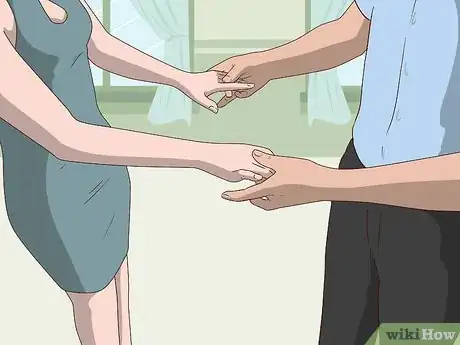
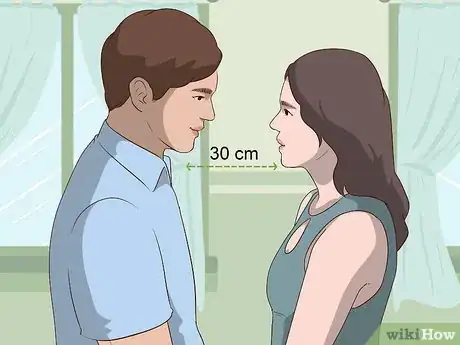
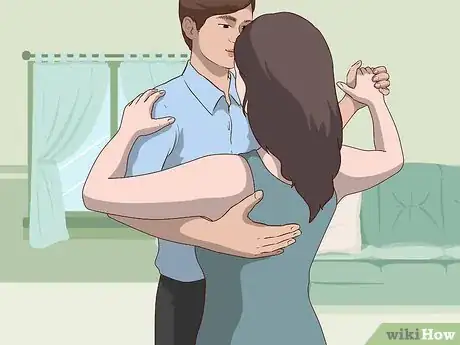

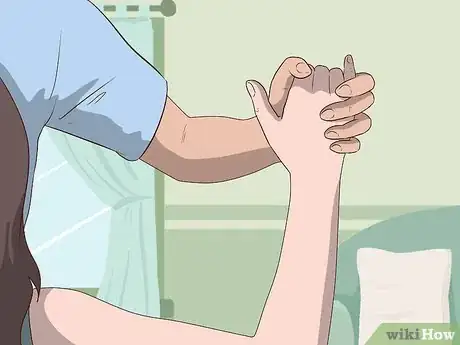
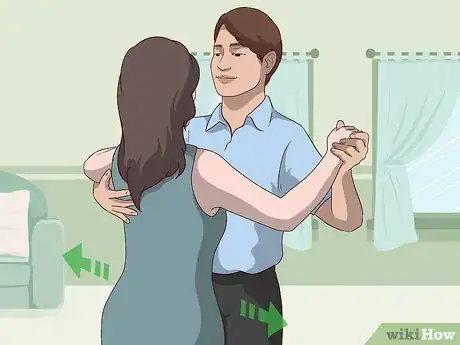

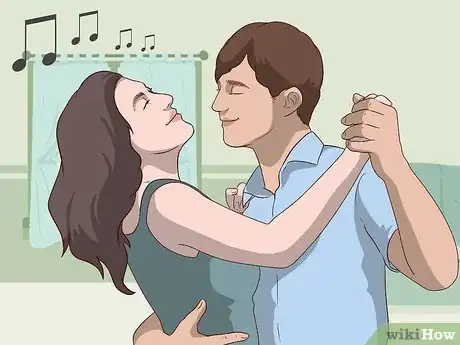

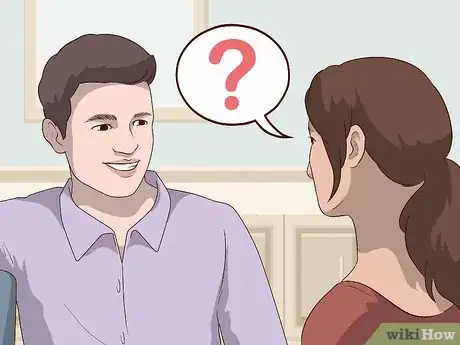
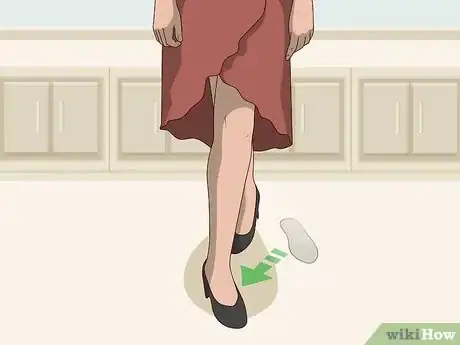
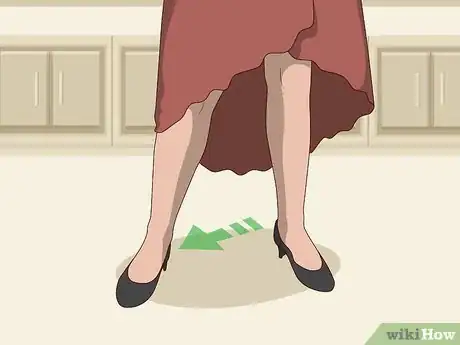
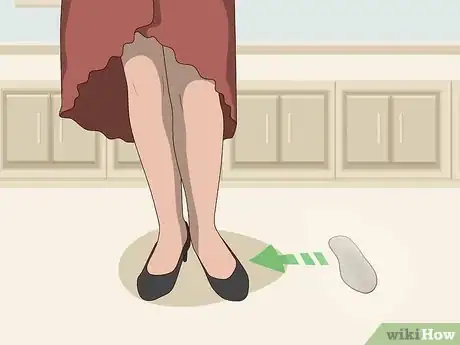
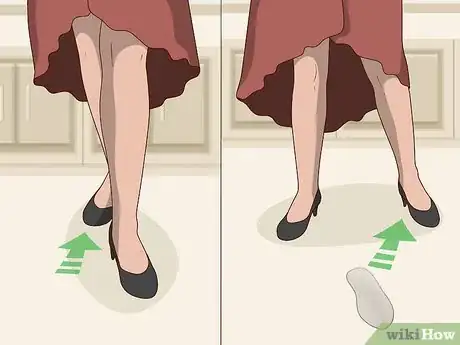
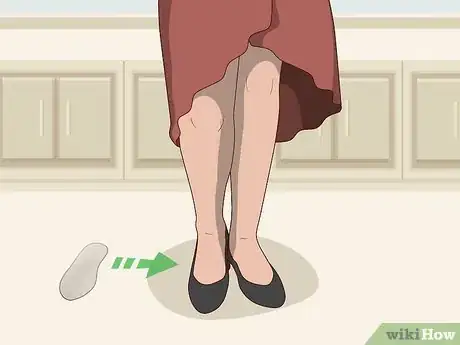

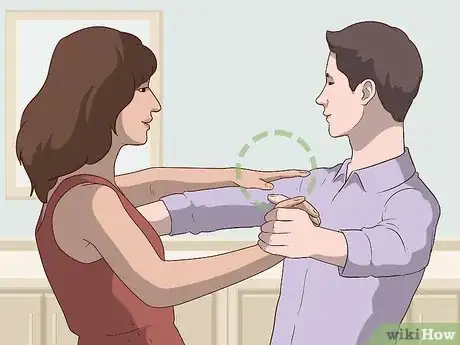
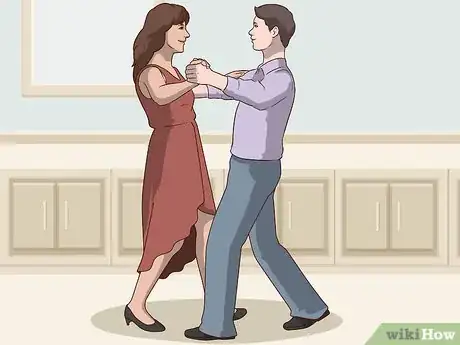

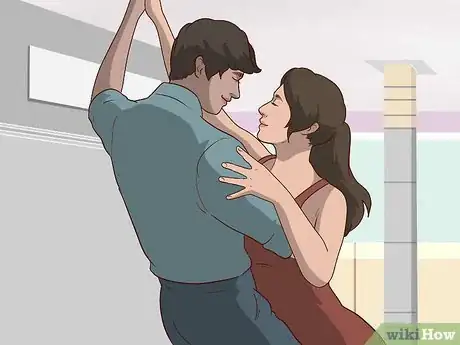
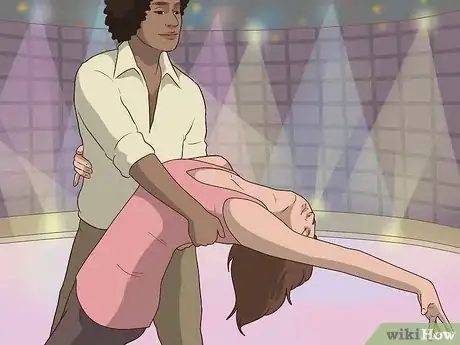
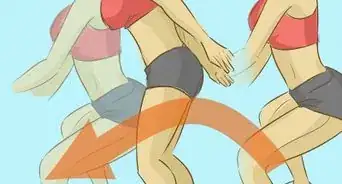
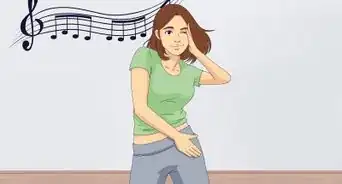
-Step-19-Version-2.webp)

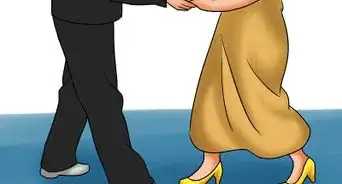
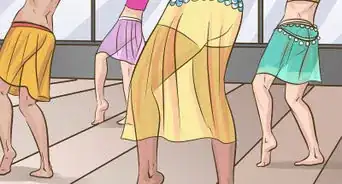





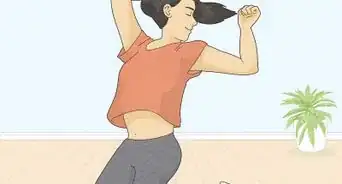








-Step-19-Version-2.webp)



































